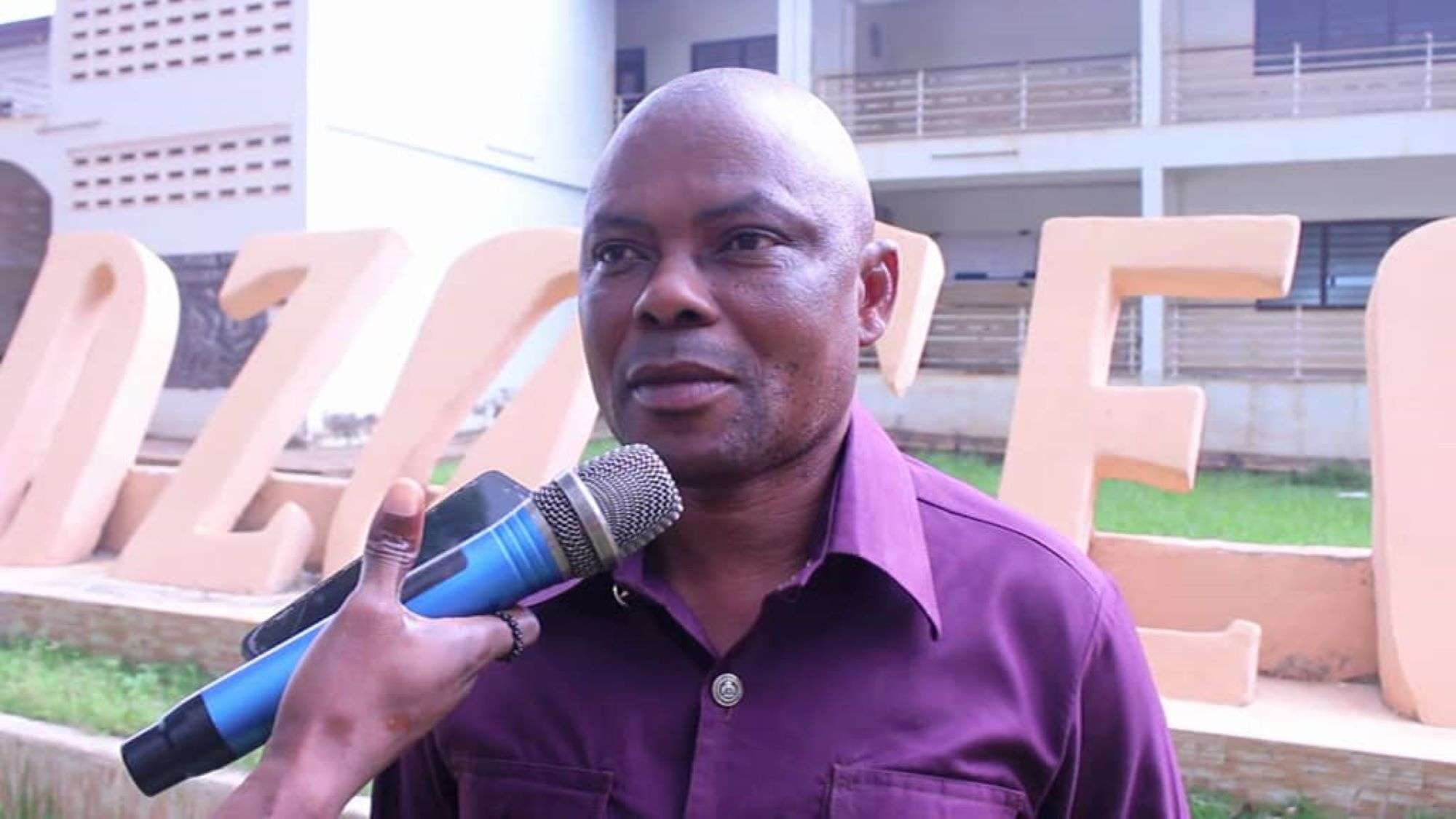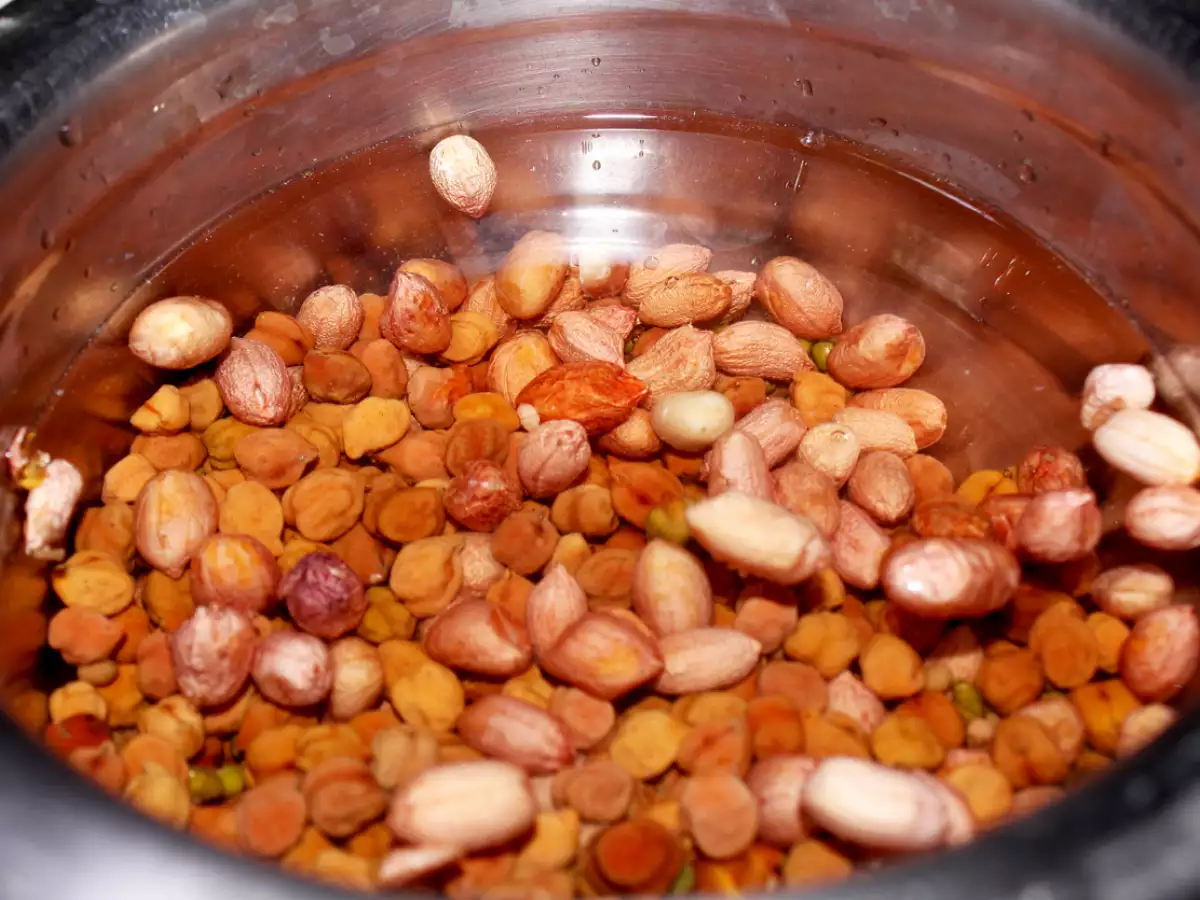The Dean of Accounting and Finance at the University for Professional Studies, (UPSA), Professor Isaac Boadi, has affirmed that but for the timely intervention of the Akufo-Addo administration, the entire banking sector would have collapsed.
“The decision to recapitalize some banks and clean the sector was the best. The entire sector would have collapsed if the Finance Ministry had not undertaken that clean-up exercise in 2017,” he added.
Prof. Boadi further explained that the banking sector clean-up was hinged on a report bequeathed to the newly sworn-in administration and had to be acted upon with alacrity.
“In the year 2015, the Bank of Ghana undertook an assessment of all the banks in the country. The Assets Quality Review exercise found out that ten (10) banks were in crisis and had to be folded up” Professor Boadi said.
The reasons for the challenges the 10 banks faced were attributed to insolvency because of low liquidity, mismanagement of funds injected into them by the central bank and the lukewarm attitude towards the mismanagement of those banks by the Bank of Ghana’s supervisory division, according to him.
“Per the Assets Quality Review Report, the crisis-laden banks ought to have been collapsed or consolidated, but this was never done. The Akufo-Addo administration only came to implement the recommendations of the report, hence, the cleanup exercise”
The report, he added, also highlighted 3rd party related transactions as one of the reasons that led to those banks facing the challenges identified. “Funds injected into the ailing banks were rather used to open other banks and engage in other unrelated businesses which affected the capital ratios of those banks. Some loans were given to certain individuals without collaterals.
“It is important to state that the delay in the implementation of the recommendations of the Assets Quality Review Report adversely contributed to the level of crisis the Akufo-Addo administration came to meet in the banking sector,” Prof. Boadi reiterated.
He further emphasized that there was no other way for the banking sector to be rescued apart from the way it was done.
Professor Isaac Boadi made these remarks when he appeared on Atinka TV’s Agenda Show hosted by Nana Yaw Fianko, last Thursday.
The Bank of Ghana under the previous administration had given liquidity support to the ailing banks on more than one occasion but these monies went down the drain as they were misused, once again, by the owners and managers of those banks.
“The then Bank of Ghana Governor’s delayed intervention allowed financial malpractices to go unchecked for too long, exacerbating the crisis in the sector. Blaming Akufo-Addo is unfair, for he rather saved the sector contrary to what some people have been saying” Professor Isaac Boadi concluded.
The Bank of Ghana (BoG) began a banking sector clean-up in Ghana in August 2017 to stabilize and strengthen the banking sector.
The clean-up was part of the BoG’s mandate to support economic growth by promoting the stability and soundness of the financial system.
The Bank of Ghana spent GHS21 Billion to undertake the clean-up exercise.
The clean-up included regulatory reforms, recapitalization, and the revocation of licenses for several financial institutions:
• Domestic banks: Ten domestic banks were closed.
• Microfinance: 347 microfinance licenses were revoked.
• Savings and loans: 23 savings and loans licenses were revoked.
• Finance companies: Licenses for 23 finance companies were revoked.
• Universal banks: Licenses for 16 universal banks were revoked.
The clean-up exercise undertaken by the Bank of Ghana in the banking sector saved the deposits of 4.6 million people, which would have been lost had the central bank not intervened.
UT Bank and Capital Bank were taken over by GCB Bank.
The Sovereign Bank, The Beige Bank, Premium Bank, The Royal Bank, Heritage Bank, Construction Bank, and UniBank, had their licenses revoked and were placed under the Consolidated Bank of Ghana.
Bank of Baroda voluntarily exited the sector.
Six banks underwent mergers: First Atlantic Merchant Bank with Energy Commercial Bank, OmniBank Ghana with Bank Sahel Sahara Ghana, and First National Bank with GHL Bank Limited.










